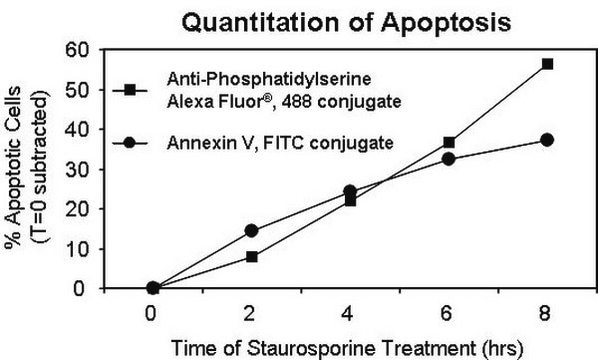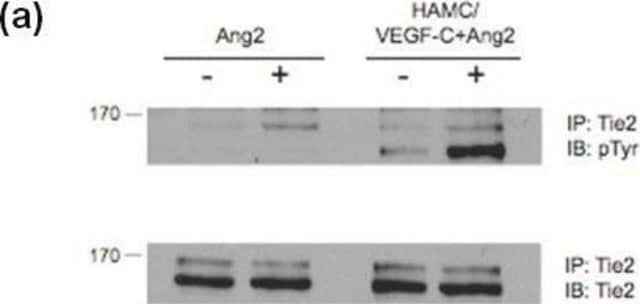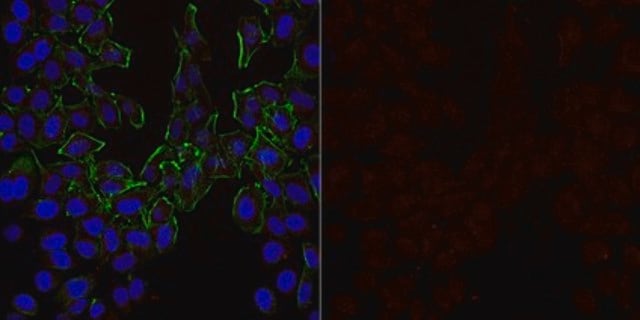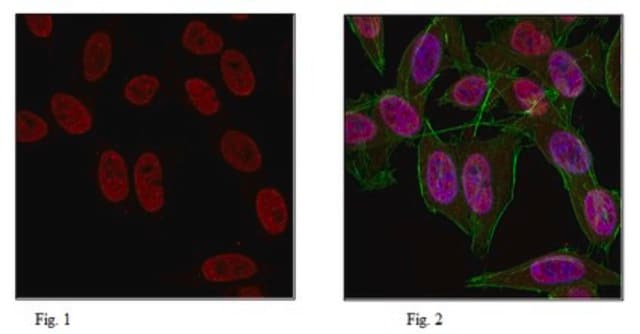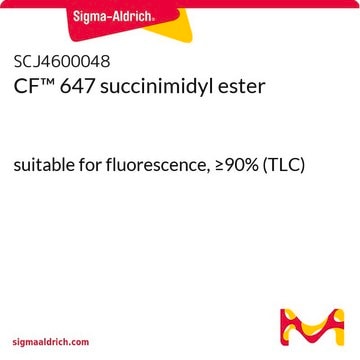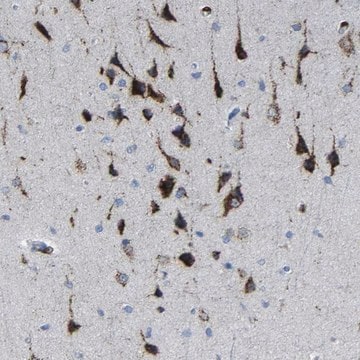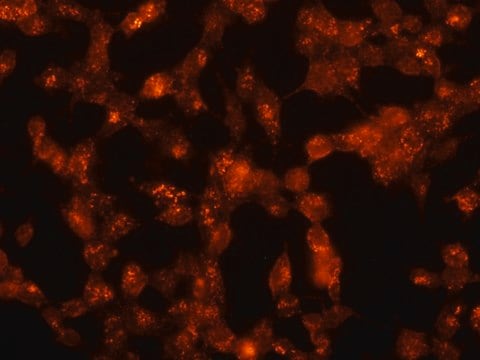05-777-AF647
Anti-Phosphotyrosine Antibody, recombinant clone 4G10® Antibody, Alexa Fluor™ 647
clone 4G10, from mouse, ALEXA FLUOR™ 647
About This Item
Produits recommandés
Source biologique
mouse
Niveau de qualité
Conjugué
ALEXA FLUOR™ 647
Forme d'anticorps
purified immunoglobulin
Type de produit anticorps
primary antibodies
Clone
4G10, monoclonal
Réactivité de l'espèce (prédite par homologie)
all
Technique(s)
immunocytochemistry: suitable
Conditions d'expédition
wet ice
Modification post-traductionnelle de la cible
phosphorylation (pTyr)
Description générale
Spécificité
Immunogène
Application
Signaling
Qualité
Immunocytochemistry Analysis: A 1:100 dilution of this antibody detected EGF-induced tyrosine phosphorylation of cellular proteins in A431 cells.
Description de la cible
Forme physique
Stockage et stabilité
Autres remarques
Informations légales
Clause de non-responsabilité
Vous ne trouvez pas le bon produit ?
Essayez notre Outil de sélection de produits.
Code de la classe de stockage
12 - Non Combustible Liquids
Classe de danger pour l'eau (WGK)
WGK 2
Point d'éclair (°F)
Not applicable
Point d'éclair (°C)
Not applicable
Certificats d'analyse (COA)
Recherchez un Certificats d'analyse (COA) en saisissant le numéro de lot du produit. Les numéros de lot figurent sur l'étiquette du produit après les mots "Lot" ou "Batch".
Déjà en possession de ce produit ?
Retrouvez la documentation relative aux produits que vous avez récemment achetés dans la Bibliothèque de documents.
Notre équipe de scientifiques dispose d'une expérience dans tous les secteurs de la recherche, notamment en sciences de la vie, science des matériaux, synthèse chimique, chromatographie, analyse et dans de nombreux autres domaines..
Contacter notre Service technique